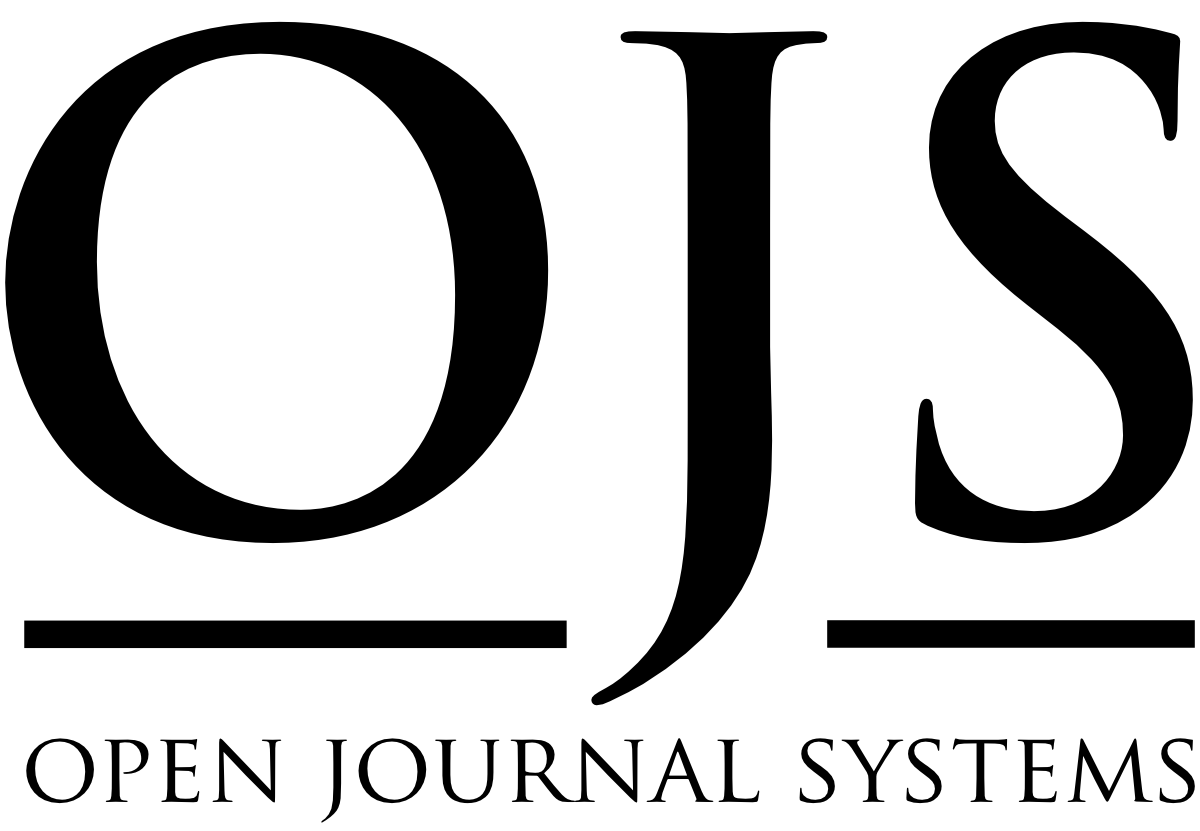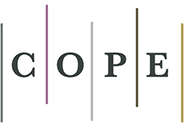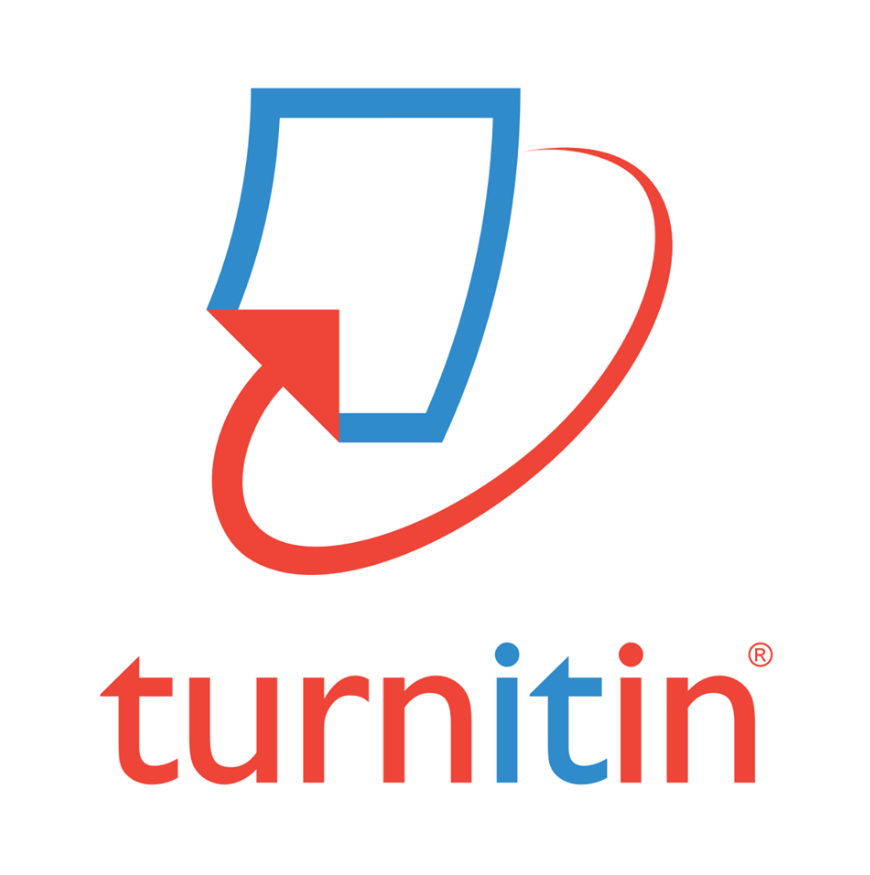Use of AI Tools
1. Ethical and innovative use of Artificial Intelligence (AI):
Our journal Neuropolis Science Journal (NSJ) encourages the use of artificial intelligence (AI) tools at all stages of the scientific publication process, from research to manuscript writing and review. However, we emphasize that AI should be used as a complement and not as a substitute for the author's creativity, critical thinking, and scientific ethics. The use of tools such as automated data analysis, pattern detection, generation of initial drafts or style correction should be declared in the manuscript, ensuring transparency in the methodology and resources used.
2. Application of specialized tools in peer review:
The journal uses advanced AI systems to assist in plagiarism detection, linguistic quality analysis and technical review of submitted texts. These tools, such as semantic analysis or automatic consistency assessment software, support human reviewers to ensure that manuscripts meet standards of academic rigor and originality. The results generated by the AI will be complemented and validated by the expert judgment of our reviewers and editors, preserving a human approach in the editorial process.
3. Guarantees of impartiality and adaptability:
To maintain scientific integrity, AI used in editorial processes is regularly programmed and evaluated to avoid inherent biases and ensure fair decisions. In addition, we promote the use of open source and adjustable tools, such as predictive modeling systems or specialized search engines, that allow researchers to replicate and validate results. This not only reinforces impartiality, but also encourages interdisciplinary collaboration and sustainable scientific advancement.
4. Promoting reproducibility and open access through AI:
Our journal is committed to promoting reproducibility and transparency in scientific research through the use of AI for data management and publication of results. We use specialized platforms that integrate machine learning systems to organize raw data, facilitate experiment replication, and generate interactive visualizations. In addition, we encourage authors to employ AI technologies to share supplementary materials and analytical models in open access repositories, promoting the accessibility of scientific knowledge.
5. AI training and literacy for authors and reviewers:
We recognize the importance of researchers and collaborators fully understanding the potential and limitations of AI tools. As such, we provide educational resources, workshops, and guides to enable authors and reviewers to employ these technologies effectively and ethically. This educational approach not only increases the quality of submitted papers, but also fosters an informed academic community that is prepared to lead scientific innovations.
6. Constant monitoring and updating of AI systems:
The integration of AI into our editorial policy is supported by a continuous monitoring and updating process. We regularly evaluate the algorithms used to detect biases, improve their accuracy and adapt them to the emerging needs of scientific disciplines. This dynamic approach ensures that our technological tools remain relevant and reflect the highest standards of quality and fairness in scientific publishing.
Management Tools and Databases

Our publications follow the ethical standards recommended by OJS (Open Journal Systems) to ensure integrity in the editorial process.

Our publications comply with the ethical standards of COPE (Committee on Publication Ethics) to ensure editorial integrity.

Submitted papers are verified using Turnitin to ensure compliance with ethical standards.

The journals are part of CrossRef, the official database that generates DOIs for scientific articles.
